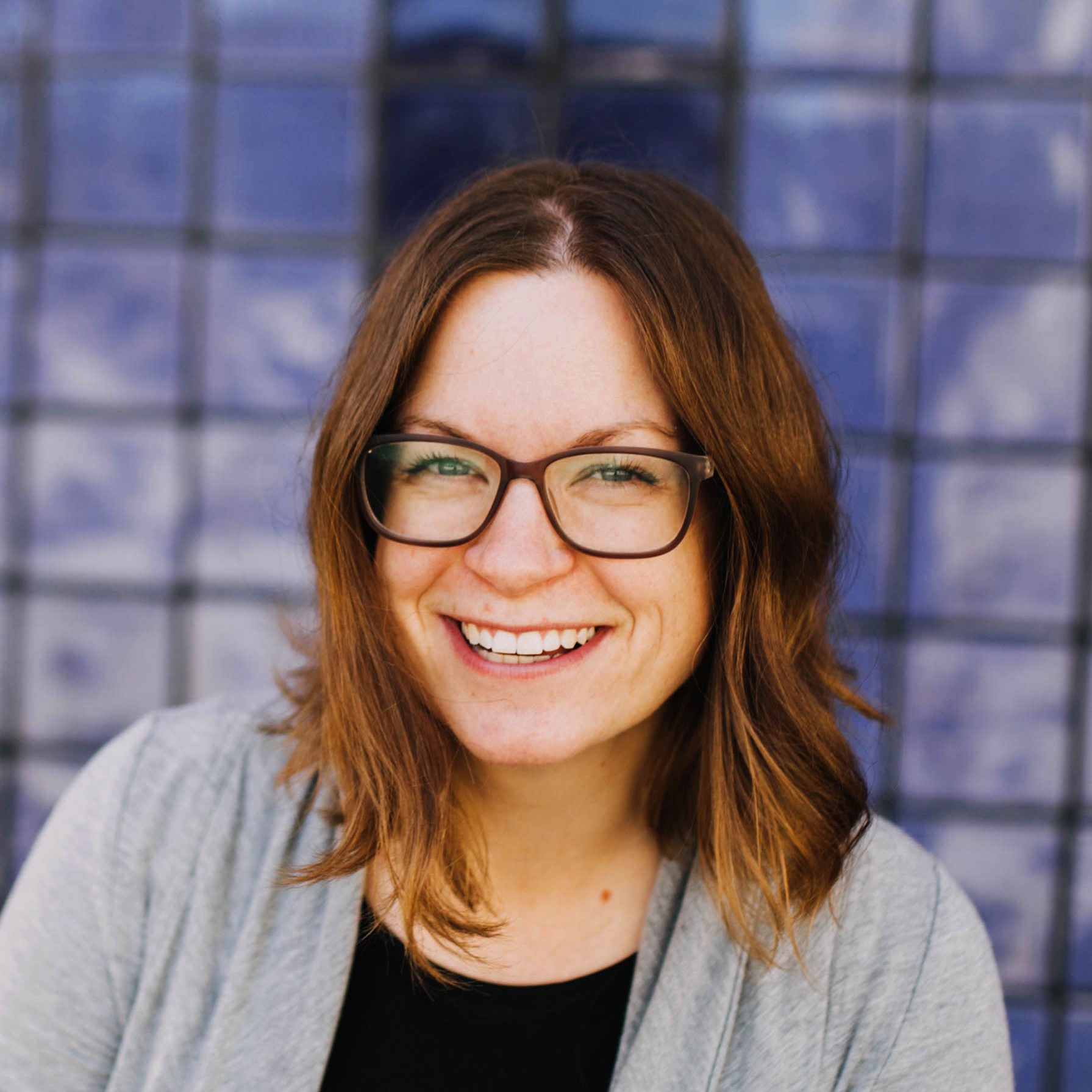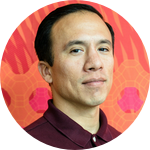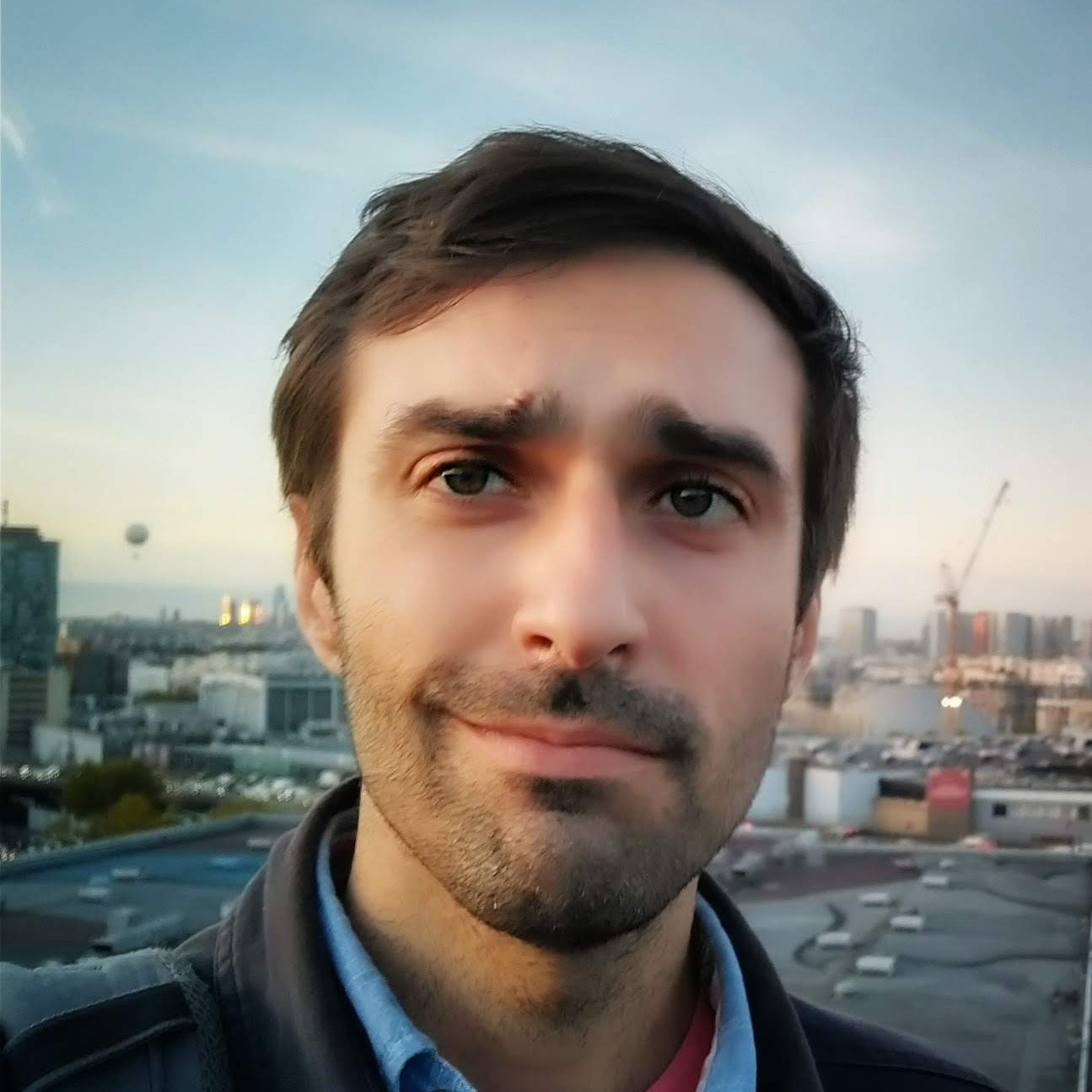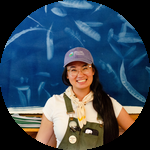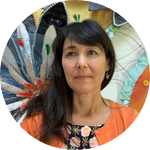About This Project
How might we design science kits rooted in cultural and ancestral knowledge unique to Hawai’i? There is no shortage of kits shipped here, but a lack of homegrown kits centering ancestral innovation and local natural materials. If we can develop Hawaiian place based science kits, we will uplift Hawaiian frameworks for solving our unique environmental challenges.
We will develop biomaterial and frugal science kits useful to grow trust spaces for local science innovation conversations.
Ask the Scientists
Join The DiscussionWhat is the context of this research?
In a State where fresh water is at risk, and 90% of goods and 80% of energy are imported, this program provides a vision for biodesign education anchored in sustainable locally sourced materials and cultural frameworks. Current Hawaii biodesign programs are limited to universities, and private high schools. Nationally, there is one other community biolab, ( a physical lab space used for experimentation and education) that centers locally sourced materials, cultural and community knowledge (Xinampa in Salinas). This Nest Makerspace program will join Xinampa and BioJam Camp as a space that uplifts storytelling, frugal science, and creativity, as it builds a community of biomarkers in Hawaii and facilitates broader community engagement.
What is the significance of this project?
In a State with no community makerspaces or biolab, the Nest Makerspace will step into the void serving as a creative tinkering community space for hands-on explorations at the intersection of culture, bioscience, and frugal science tools. The kits developed in this space aim to amplify local and Indigenous knowledge in place based journeys focused on sustainability design solutions. The programming will center on communities that are often excluded in biological innovation conversations. The kits will inform existing biodesign approaches and broaden their impact to grow a more innovative, and relevant biodesign enterprise. Lessons will be open source licensed with the Creative Commons attribution noncommercial share-alike license and Local Contexts Notices.
What are the goals of the project?
We will design easily replicable STEAM kits rooted in locally sourced natural materials and ancestral knowledge unique to Hawaii. These kits will be distinct from other educational science kits, but will also address NGSS and Common Core standards. The goal is to build flexible kits that support open ended learning and sharing to grow trusted art/science education spaces centered in Hawaiian frameworks, frugal science tools, and biomaterial design. The project will be collaborative and open source, allowing community members to contribute and comment. Kit evaluation will include workshop observation and surveys, as well as pre/post assessments gauging the kit’s impact on creative confidence, learning, interest in ancestral science, and valuing of natural materials in engineering kits.
Budget
Hawaii is a State spanning islands and since it is difficult to meet in person due to flight costs, a portion of the budget supports travel among the sister islands. Advisory board stipends are budgeted to honor the knowledge and time of educators and cultural experts offering guidance. Funding is also needed for lab, art, and gardening tools, as well as a laser cutter which is central to our frugal science tool design. Funds will also support the research and development of kits and programming, and the creation of kit resources and lesson plans shared on the project website. The project will culminate in a celebration event to be held at the Nest Makerspace. Funds for food, music, and materials are allocated for that. The event will invite participants to share ideas and grow connections to further nurture Nest Makerspace programming. External funding for prototype programming in my garage this summer comes from a $1,000 Ka Maka ʻĪnana Think Tank Grant from Purple Mai’a
Endorsed by
 Project Timeline
Project Timeline
The project will begin with the ordering of needed tools in September 2023. Project webpage built and shared in October 2023. In November 2023 there will be an open house and a call for collaborating educators and organizations to join the advisory board. Workshops at the Nest Makerspace and at partner sister island sites span spring and summer 2024 . The program culminates in a celebration/showcase in early August 2024. In September 2024 the lesson plans are shared on the project website.
Aug 24, 2023
Project Launched
Sep 14, 2023
Order tools
Oct 04, 2023
Website pages and announcement of makerspace
Oct 21, 2023
Call for collaboration and advisory board
Nov 04, 2023
Makerspace open house
Meet the Team
Affiliates
Corinne Okada Takara
Corinne Okada Takara is a community art activist and STEAM educator who creates programs that elevate and empower community voices in conversations centered on identity, place, science, and technology. She is a Yonsei (4th generation) kama'aina settler who lives on O'ahu. For over twenty years her passion for accessible STEAM learning anchored in cultural and community science knowledge has driven her to collaboratively develop programs with museums, libraries, and community organizations. She is a co-founder of BioJam Camp, a teen program anchored in both Salinas and the Stanford Department of Bioengineering, served as the Program Director of the community biolab Xinampa in Salinas, California, and is co-founder of the youth Art & Design Thinking Camp in East San José, California. Her frugal science tool and biomaterial design research is conducted in her garage and in her Nest Makerspace shed.
Takara has received State, National, and International recognition for her work straddling art and biology including fellowships and residencies such as the Ginkgo Bioworks Creative Residency, a Lucas Artist Residency at Montalvo Arts Center, 2020 Global Community Biosummit Fellowship, and a 2020 National Public Interest Technology Innovation Fellowship. She has led four high school teams in the International Biodesign Challenge for which she was honored with the 2019 Outstanding Instructor Award. She is a recipient of the inaugural 2023 Ka Maka ʻĪnana Think Tank Grant from Purple Mai’a.
Takara holds a BA in Design from Stanford University and is an alumni of the Hawai’i Purple Mai’a Ka Maka I’nana program. http://www.okadadesign.com/ & https://nestmakerspace.weebly....
Additional Information
I have experience in designing frugal science STEAM kits. The Bio+Food+Tech project is one example and one can read about the outcomes final report here. I have also design and co-designed many kit activities for BioJam Camp and here is a sample from our remote 2020 Camp during COVID 19. Additionally, here are Press articles, sample workshops, and a recent co-written Research Directions Cambridge University Press article Growing biodesign ecosystems: Community exchange spaces advance biotechnology innovation.
Most recently, I designed the Floating Kīpuka Kit, an open source LEGO-based storytelling tool for dreaming sustainable and equitable futures. It aims to create space to empower more people and organisms to be in conversation as we shape our shared biofutures, and expand our notions of what are innovation & technology.
Project Backers
- 5Backers
- 102%Funded
- $10,200Total Donations
- $2,040.00Average Donation
